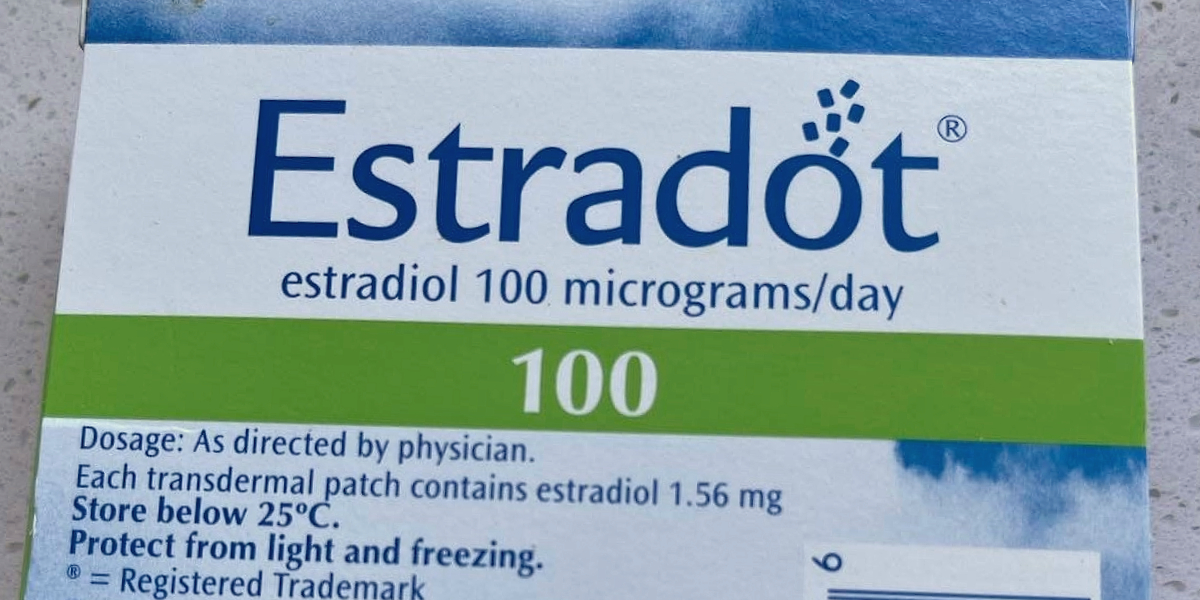At 67, Armidale resident Helen continues to feel the effects of menopause. Night sweats, aching joints and headaches keep her tossing and turning, leaving her sleep deprived and depressed.
“My GP said to me, ‘sadly, you’re in that lucky 20% of women who are just going to have the hot flushes and the night sweats probably your whole life’,” she said.
The only relief Helen finds is through is hormone replacement therapy (HRT) patches.
“They really are just something that makes my life more calm and easier to cope. When I haven’t got them, I get really stressed because I don’t sleep, and I get the hot flushes during the day, and I get the night sweats at night, and my joints ache more,” she said.
However, a persistent shortage of HRT patches in Australia has left many New England residents like Helen driving from pharmacy to pharmacy, desperately searching for an elusive box.
Many brands are almost impossible to find, with normal supply for some not expected to return until the end of 2025.
There have been recurring HRT patch shortages since about 2020. However, according to Pharmacist in Charge at Mountview Pharmacy in Armidale, Joshua Lee, this shortage has been particularly prolonged.
“This particular outage has been happening for probably the last year and a half, and normally it only lasts for about six months. It’s been getting worse ever since COVID,” he said.
What are HRT patches, and why is there a shortage?
When a woman enters perimenopause and menopause, her ovaries gradually produce less oestrogen. Hormone replacement therapies (also known as Menopausal Hormone Therapy or MHT) supplements the body’s declining hormone levels, relieving symptoms. Treatments typically contain oestrogen and sometimes progestogen, depending on symptoms and whether the patient has had a hysterectomy.
Popularity of HRT has fluctuated over the years. Around 20 years ago, two major studies raised concerns about increased risks of cardiac events, stroke and breast cancer among people using HRT. As a result, many people became fearful of using HRT and its use dropped around 40% in Australia.
However, subsequent research has found that the benefits of HRT far outweigh the risks. As well as reducing menopause symptoms, it can also improve bone density and reduce the risk of fractures.
That’s what doctors have told Helen: “The consensus at the moment seems to be that being on a very low dose of HRT is actually quite good for you, that it’s got more benefits than it has negatives,” she said.
HRT patches, in particular, have become a popular treatment. They’re like a sticker that is applied directly to the skin and delivers oestrogen directly into the bloodstream.
In Australia, there were only four oestrogen patches available. One of them, Climara, was discontinued at the end of 2023.
This, combined with manufacturing delays and reports of supply chain problems, contributed to the shortage of remaining brands, Estradot and Estraderm, as well as the combination oestrogen and progesterone patch, Estalis.
Can you try another HRT product?
If you’re not able to get HRT patches, you can try other HRT products such as gels or tablets.
“There are oestrogen progesterone tablets but they’re not as convenient as wearing a patch for three days at a time,” Mr Lee explained.
“Or there’s a there’s a gel and a capsule combination that you can get. But up until recently, it was more expensive because you’re paying for both of them privately. It probably increased the cost, two to threefold,” he continued.
In March, the federal government responded to a Senate inquiry into issues related to menopause. As part of this, they agreed to make some HRT products more affordable and accessible.
They added Estrogel and Estrogel Pro (gels) and Prometrium (a tablet) to the PBS to help ease shortages.
However, for patients such as Helen, it makes little difference. The patch is the only thing her body responds to.
“It’s so much more mucking around, and I didn’t get the same effect,” she said.
On 1st April, the PBS also approved the supply of overseas-registered alternatives to be imported into Australia.
In the meantime, Mr Lee continues to collaborate with GPs and patients to make sure what is being prescribed is what is available in the pharmacy. With such long waits until supply is back to normal, he urged patience.
“We’d love to fix the drug situation, but it’s a little out of our hands. We’re all in it together… Be patient with us,” he said.
Read all the way through to the end of the story? So did lots of other people. Advertise with New England Times to reach New England locals who are interested and engaged. Find out more here.


